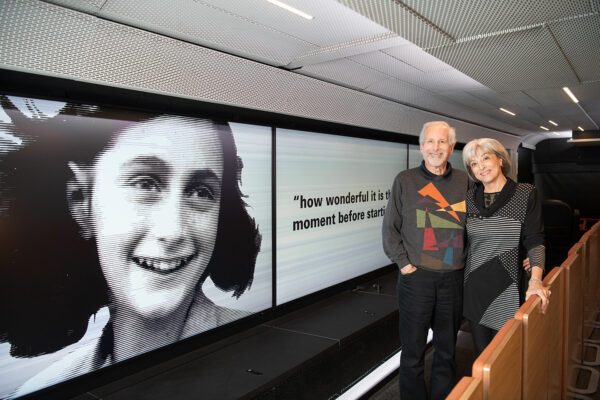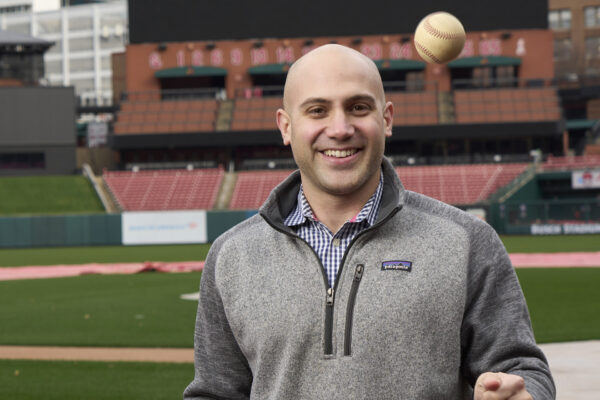Brown School alumna Nisha Patel, MSW ’98, is an expert on social and economic mobility, and she has spent more than two decades at the forefront of the philanthropic and political landscape, leading and implementing initiatives that increase economic opportunities for families with low income.
Currently, Patel runs a consulting business, and she works with clients to develop philanthropic strategies to increase community-centered economic opportunity. She also serves as a senior fellow at the Social Policy Institute at Washington University. Previously, she served in the Obama administration as director of the Office of Family Assistance.
Patel traces her interest in social and economic mobility back to her own family history. Her grandparents migrated from India to Uganda; her parents moved from Uganda to England; and when she was a child, her family immigrated to the United States. “The immigrant or American dream is that economic mobility is this upward, sloping line. But the reality is, it can be more like a zigzag,” Patel says. “And that’s been true for my family.
“Each move was with that dream, but sometimes circumstances happened, like the time a dictator took over and my grandparents became refugees,” she says. “So, you can move from poverty to middle class, and then structural forces can pull that out from under you. Or they can prevent you from getting there in the first place.”
In 2016, Patel took an even closer look at some of the structural forces that impede economic mobility in the U.S. when she served as executive director of the U.S. Partnership on Mobility from Poverty at the Urban Institute. This partnership brought together 24 experts from academia, practice, philanthropy, faith communities and the private sector to produce recommendations to improve economic mobility. But Patel was not satisfied with leaving the conversation to this group.
“We’ve got brilliant people around the table, some of whom, including myself, have experienced poverty at some point in their lives, but political, social, economic contexts change,” Patel says. “The thing that is often missing — and this was really grounded for me at the Brown School — is that the people whose lives are impacted most are often left out of the conversation.”
During Patel’s first week as a Brown School student, President Bill Clinton signed the Welfare Reform Act. In the wake of the new law, each state had to figure out how it was going to implement the policy, and Patel’s practicum brought her to the forefront of the conversation. “There were hearings in Jefferson City, Missouri, and I was working for a grassroots organization arranging for parents to testify and share their stories.
“So, this whole idea of who’s not at the table, whose perspective is not invited, I got grounded in that. I saw firsthand how disrespectful some of these legislators were to the parents testifying about their experiences,” Patel says. “I’m grateful, every single day, that I had that experience.
“There’s this quote by Shirley Chisholm: ‘If they don’t give you a seat at the table, bring a folding chair.’ And now because of my career, I’m often handed a seat at the table,” says Patel, “but I still bring my folding chair, because I see it as my role to give that seat to someone who wouldn’t otherwise have a voice at the table.”
Patel’s Jeff City experience was at the forefront of her mind when she accepted the role of executive director of the U.S. Partnership on Mobility from Poverty. Instead of meeting at the Harvard offices of commission members or in D.C., at Patel’s insistence, the partnership spent time in more than 30 communities around the country. (“It was a non-negotiable for me when I took the job,” she says.)
“We broke bread with people experiencing poverty and compensated them for their time because their knowledge is as valuable as these experts,” she says.
Ultimately, the partnership came up with 13 solutions and five big strategies to address the structural forces that impede economic mobility; these are outlined in their report “Restoring the American Dream: What Would It Take to Dramatically Increase Mobility from Poverty?”
Today, Patel would put a finer point on the recommendations. “In the U.S., the lack of social and economic mobility for many people is undergirded by structural racism. Until we address that, we will not be able to make the progress we’d like.”



